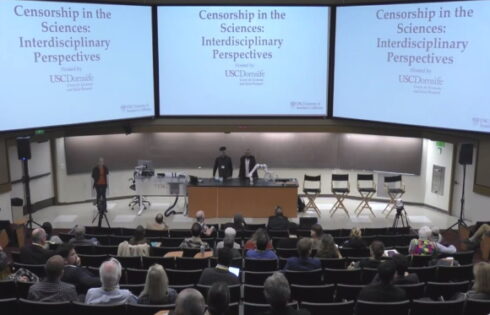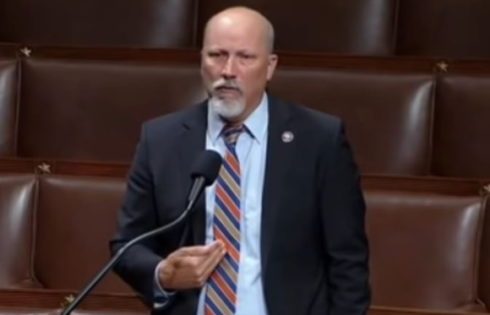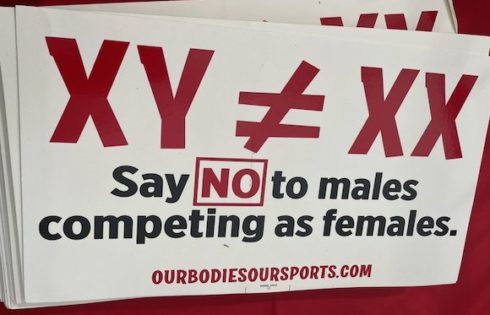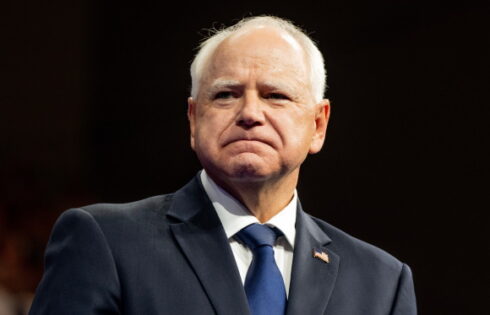
Students at the University of Wisconsin Law School were surprised at the end of the Fall 2011 semester when they received an e-mail from their Professor propositioning them. The e-mail asked students for their help in a private political project, while final grades in their classes had yet to be posted.
Professor Joel Rogers taught the class, entitled Law & Contemporary Problems: Public Law & Private Power. While the class work was completed in December, and grades for the class had already been calculated, students did not know their overall scores because they were still pending when the e-mail was sent.
Rogers offered students the chance to work for an organization he has been developing for the last several years called the American Legislative Issue Campaign Exchange (ALICE). It is intended to function as a liberal counterpart to the conservative American Legislative Exchange Council (ALEC). The goal of ALICE is “identifying, supporting and assisting 10,000 progressive local elected officials.”
In the email to his students Rogers wrote, “[The organization] would be administered as a values-based 501(c)(3) organization, also offer model legislation, and also do so in a wide variety of areas. But it would differ in at least three ways. First, its central aim would be approximately opposite to ALEC’s, viz. to help state and local officials advance shared prosperity, sustainability, and effective democratic government (aka “high road” ways of governing ourselves and the economy). Second, it would include models of local as well as state legislation, and executive orders as well as laws. Third, at least at first, it would be limited to such model bills/orders, not other supports.”
Rogers offered funding for students who helped with ALICE through another organization he controls called the Center on Wisconsin Strategy (COWS). COWS was founded in 1992 and is based at the University of Wisconsin-Madison, in the Social Science Building. On its website, COWS describes itself as “a nonprofit think-and-do tank that promotes “high road” solutions to social problems.”
“On money,” Rogers wrote to students, “I don’t have any existing grant or donation dedicated to ALICE, but have reserved some unrestricted money at COWS for it…it is enough to cover several months of the costs of graduate students and staff working on project start-up, and travel subsidy for those in want for needed in-person meetings…On credit, we can talk about how much people or organizations want to be identified as contributors to different model bills, but so far as I’m concerned anybody contributing should get whatever credit they want.”
A professor of Law, Political Science, and Sociology at the University of Wisconsin-Madison, Rogers is a contributing editor at The Nation and has written widely on American politics and public policy. He is a MacArthur Foundation Fellow and a longtime social and political activist; Newsweek identified him as one of the 100 living Americans most likely to shape U.S. politics and culture in the 21st century.
The College Fix spoke with Rogers. He said he did not see a problem with providing students an opportunity to put what they’ve learned into practice. “It’s like asking a priest not to pray…they have acquired skills and want to use them in real life.”
Rogers said that although grades had not yet been posted when he sent the email, he had already finished calculating the grades, and that students’ participation in ALICE did not reflect on their grades. “I wasn’t forcing them to participate. I was presenting them with an opportunity.”
Fix Contributor Judith Ayers is a student at York College of Pennsylvania.
Like The College Fix on Facebook / Follow us on Twitter





Please join the conversation about our stories on Facebook, Twitter, Instagram, Reddit, MeWe, Rumble, Gab, Minds and Gettr.